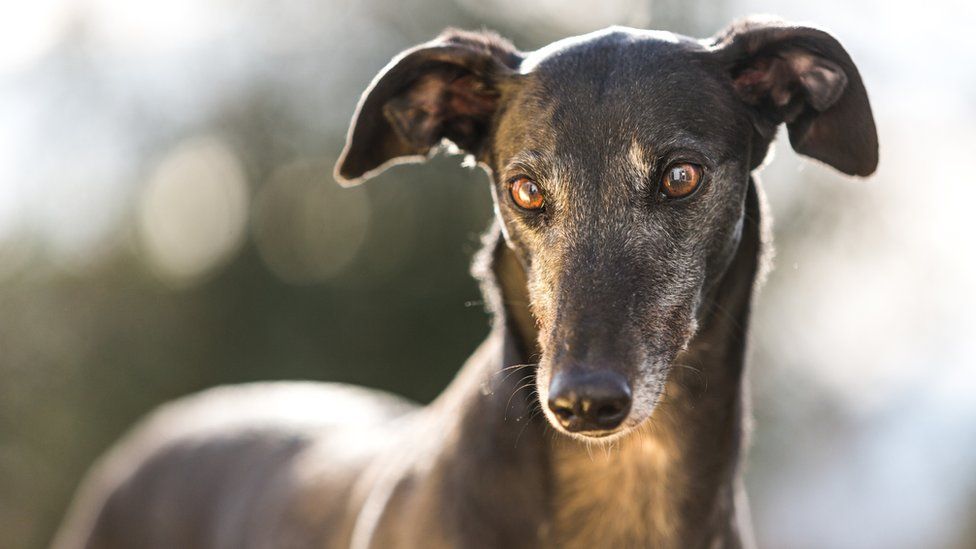ARTICLE AD BOX
By Philippa Roxby
Health reporter
 Image source, Getty Images
Image source, Getty Images
The first case of human to dog transmission of monkeypox was reported in The Lancet
A dog has been infected with monkeypox after catching the virus from its owner, the World Health Organisation (WHO) has said.
It's the first case of its kind, and health leaders say isolating from pets when infected is important.
The WHO also warned of the need to get rid of rubbish carefully to reduce the risk of infecting other animals.
There is no evidence that dogs can transmit the disease to other dogs or humans, an expert said.
Monkeypox spreads through close skin-to-skin contact and also when someone touches fabrics - such as clothing, bedding, or towels - which have been used by someone with the virus.
Around 35,000 cases have now been confirmed around the world, with most in Europe and north and south America. There have been 12 deaths linked to the outbreak.
After a steep rise in cases of monkeypox in the UK since May, cases have started levelling off, according to the UK Health Security Agency.
It comes as UK supplies of the vaccine are set to run out until a new delivery of 100,000 jabs arrives sometime in September.
The first case of human-to-dog transmission of monkeypox occurred in Paris and was reported in The Lancet.
Two men - living in the same house - who have sex with men noticed lesions on their greyhound dog 12 days after they started getting symptoms.
Genetic analysis showed that the virus which infected the dog was exactly the same as the virus infecting the men, the report said.
They said they had been co-sleeping with their dog.
"This has not been reported before, and we believe it is the first instance of a canine being infected," said Dr Rosamund Lewis, technical lead on the monkeypox response at the WHO.
Dr Mike Ryan, director of the health emergencies programme, said it was "not unexpected".
"But what we don't want to see happen is disease moving from one species to the next, and then remaining in that species (and) moving around within a new species because that's when the virus can adapt, and then adapting to that new species (the virus) is incentivised to evolve as such."
Dr Sylvie Briand, director of global infectious hazard preparedness at the WHO, added: "It's the first time, so it means that dogs can be infected, but it doesn't mean that the dog can transmit the disease and infect other dogs, nor does it mean that the dog can re-infect human if it is infected."
Vaccine supplies to protect against monkeypox are currently limited worldwide.
There has been a 20% increase in cases reported over the past week, which was also 20% more than the week before.
Most cases are in men who have sex with men and global health leaders stress the importance for all countries to give information to these communities to help protect their health.
This is undoubtedly attention-grabbing, but how much of a risk does it pose?
In large outbreaks - and more than 35,000 people have been infected - rare events can occur that eventually prove inconsequential.
However, the issue of animals catching the virus will have to be monitored closely as this virus has form.
Monkeypox has shown a knack for infecting a wide range of mammals including squirrels, rats, dormice, monkeys and, of course, us.
And people do catch the virus from animals.
Outbreaks in West and Central Africa were all started by an infected animal and the 2003 monkeypox outbreak in the US was driven by pet prairie dogs (a type of squirrel).
The big concern is if the virus gets into animals in countries that don't normally have monkeypox - then those creatures could become a long-term source of infection.

 2 years ago
26
2 years ago
26








 English (US) ·
English (US) ·